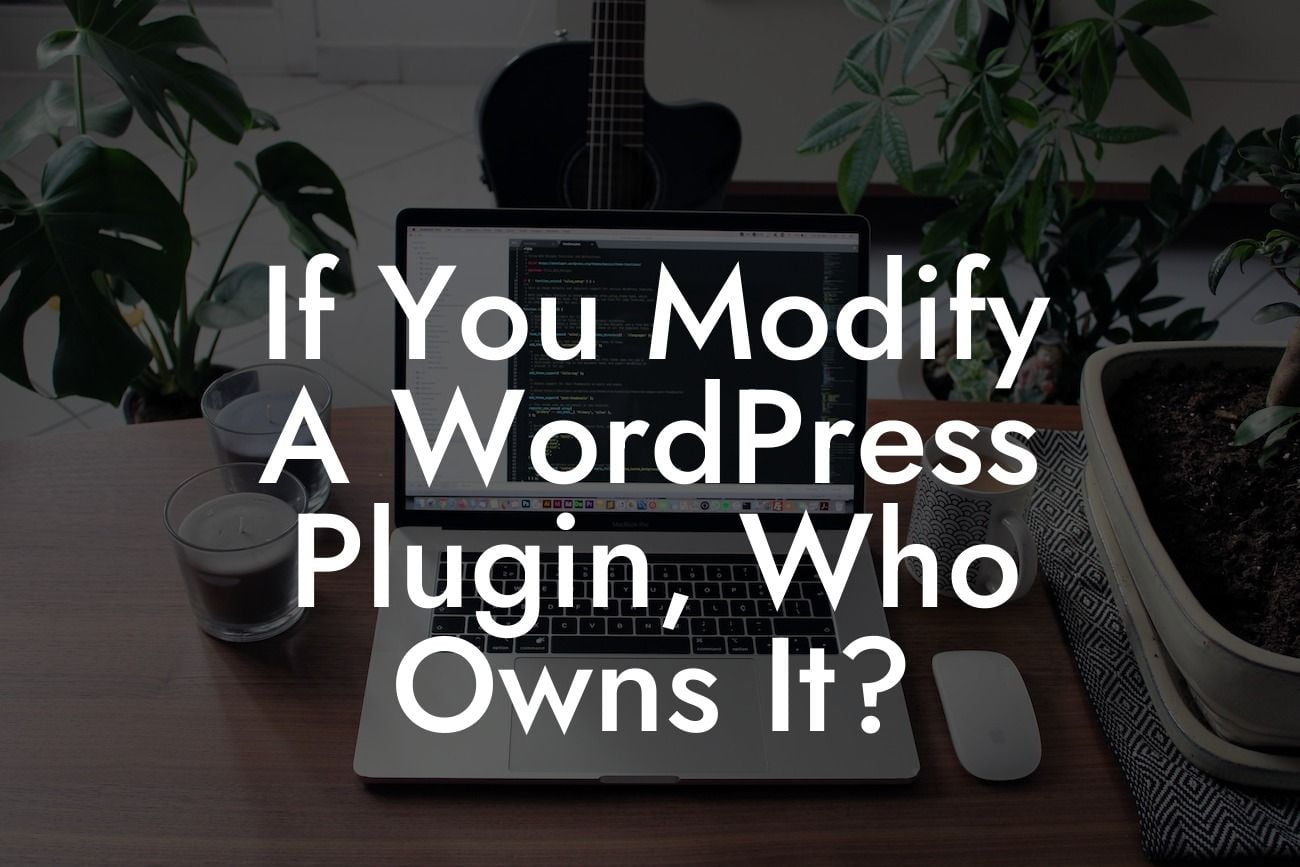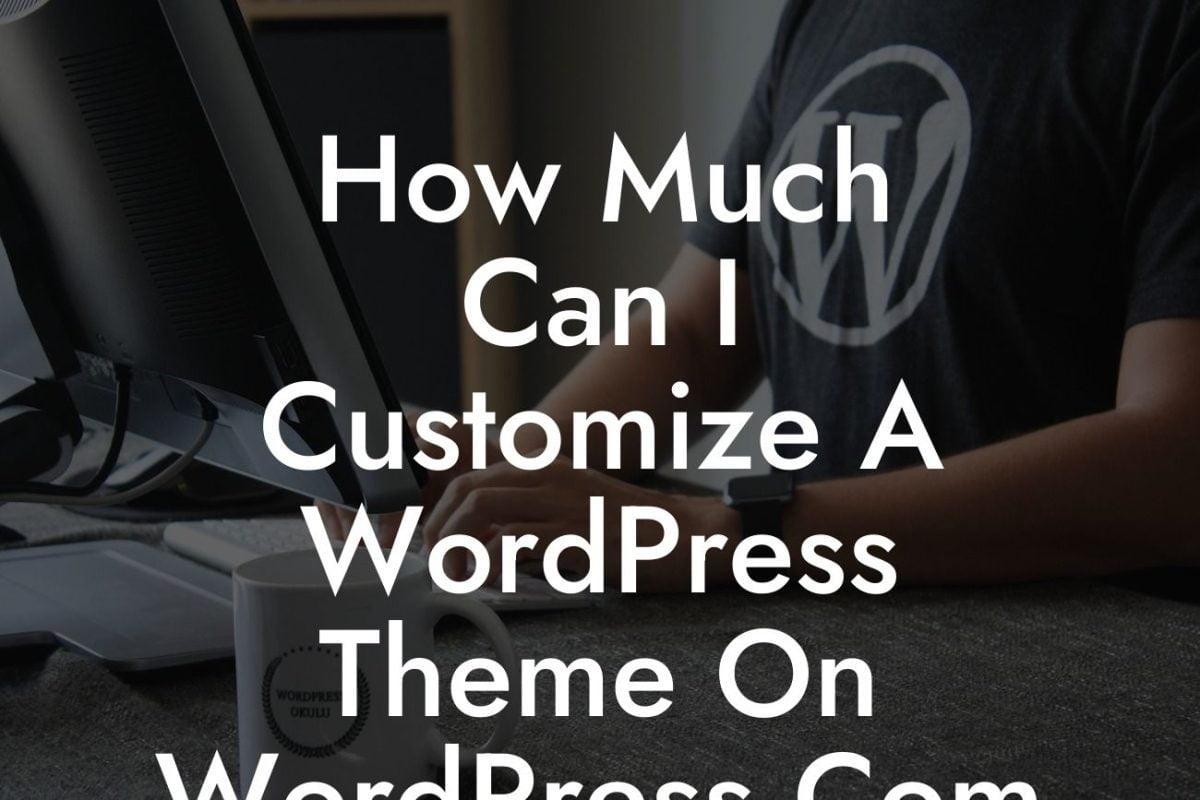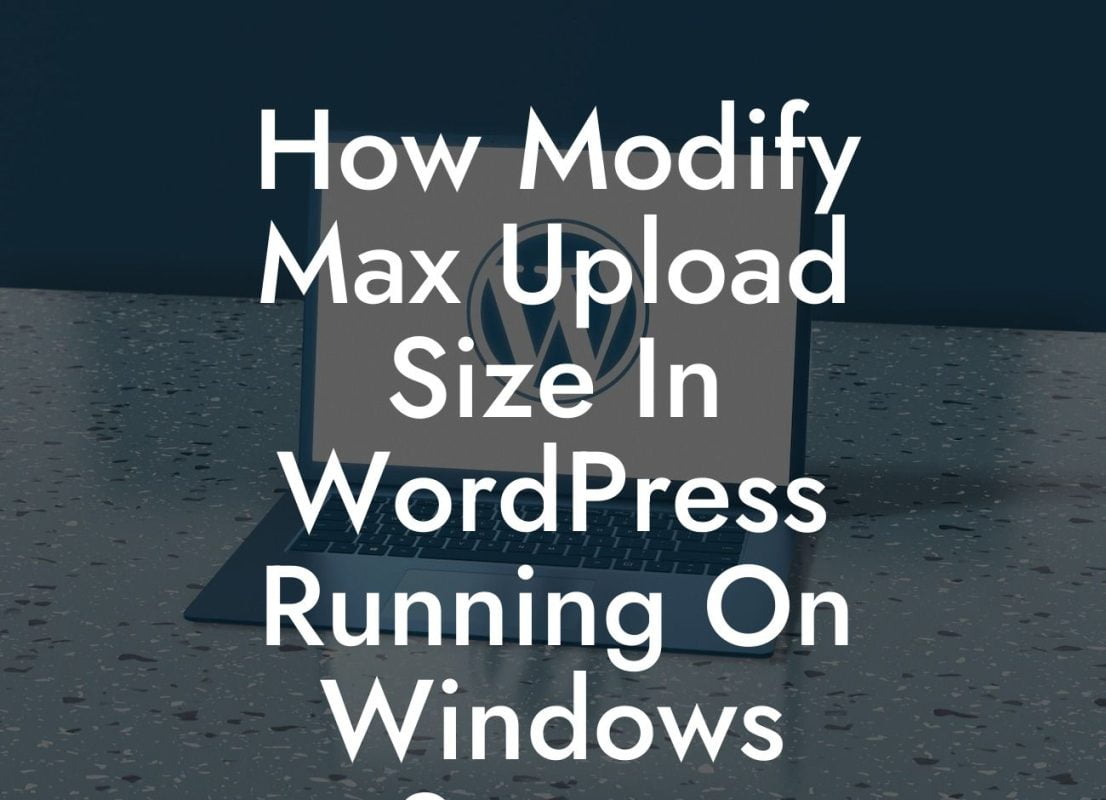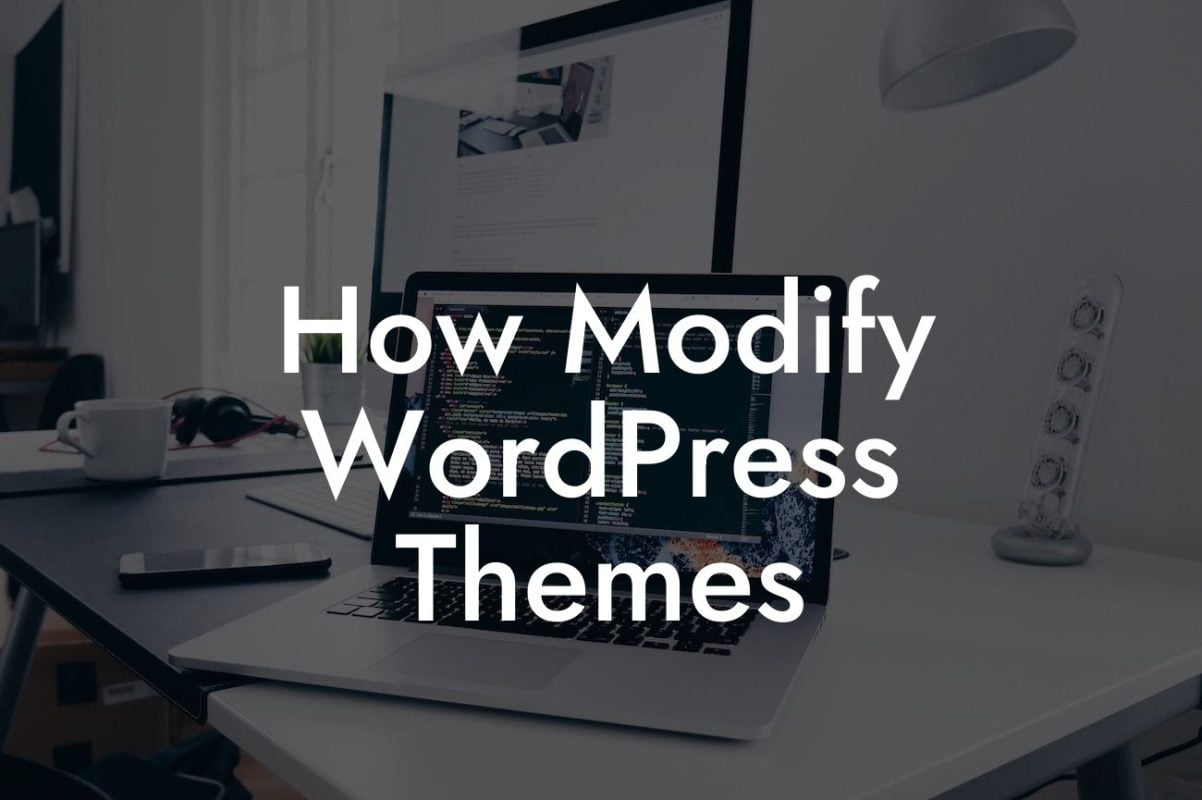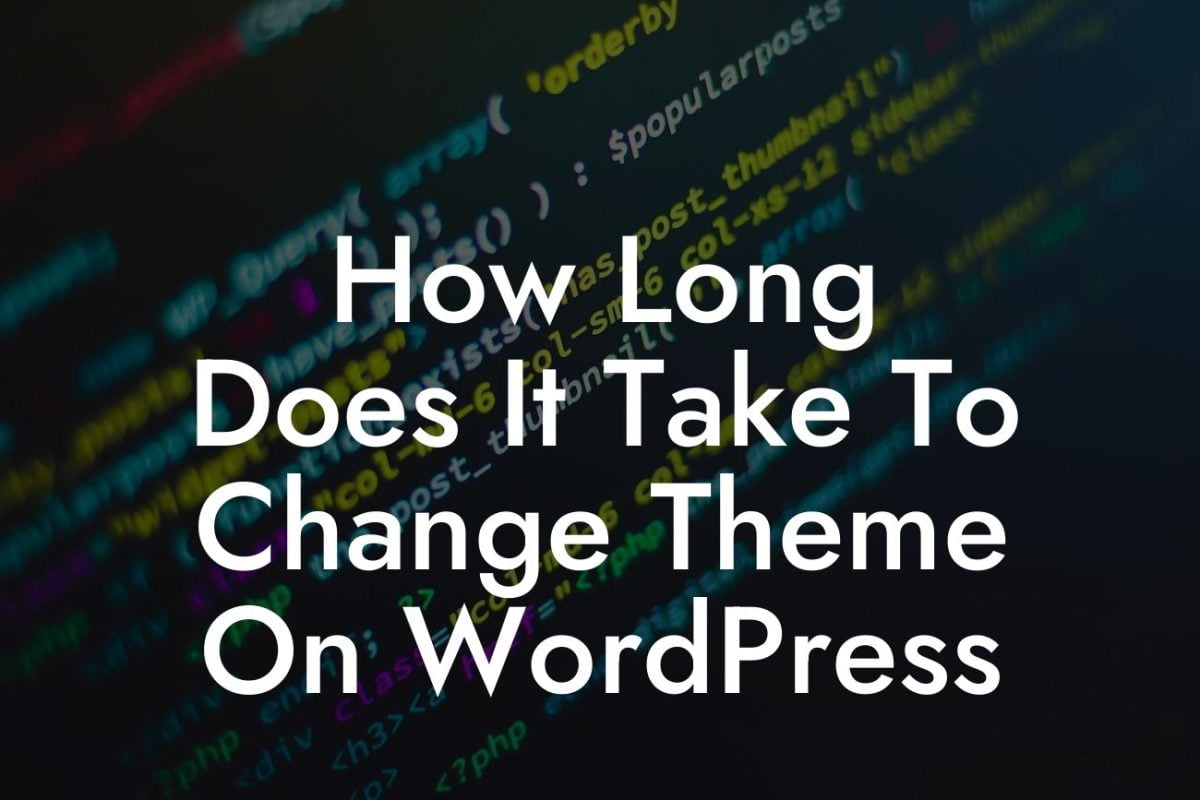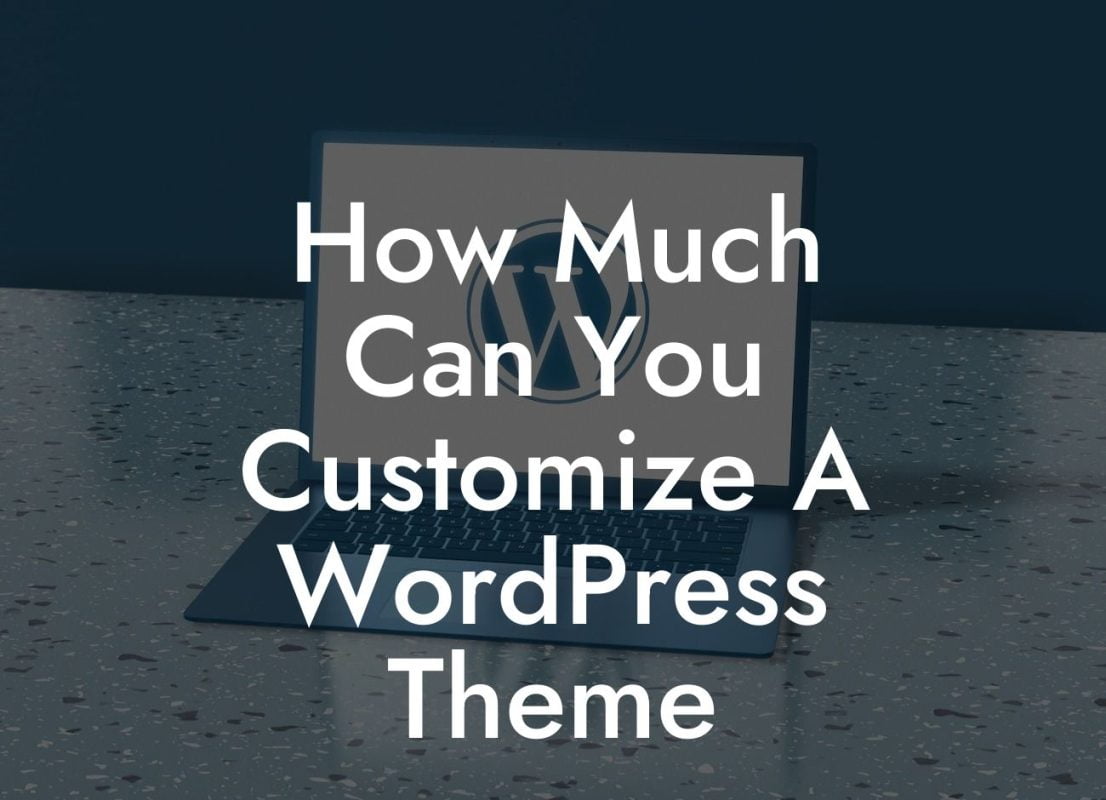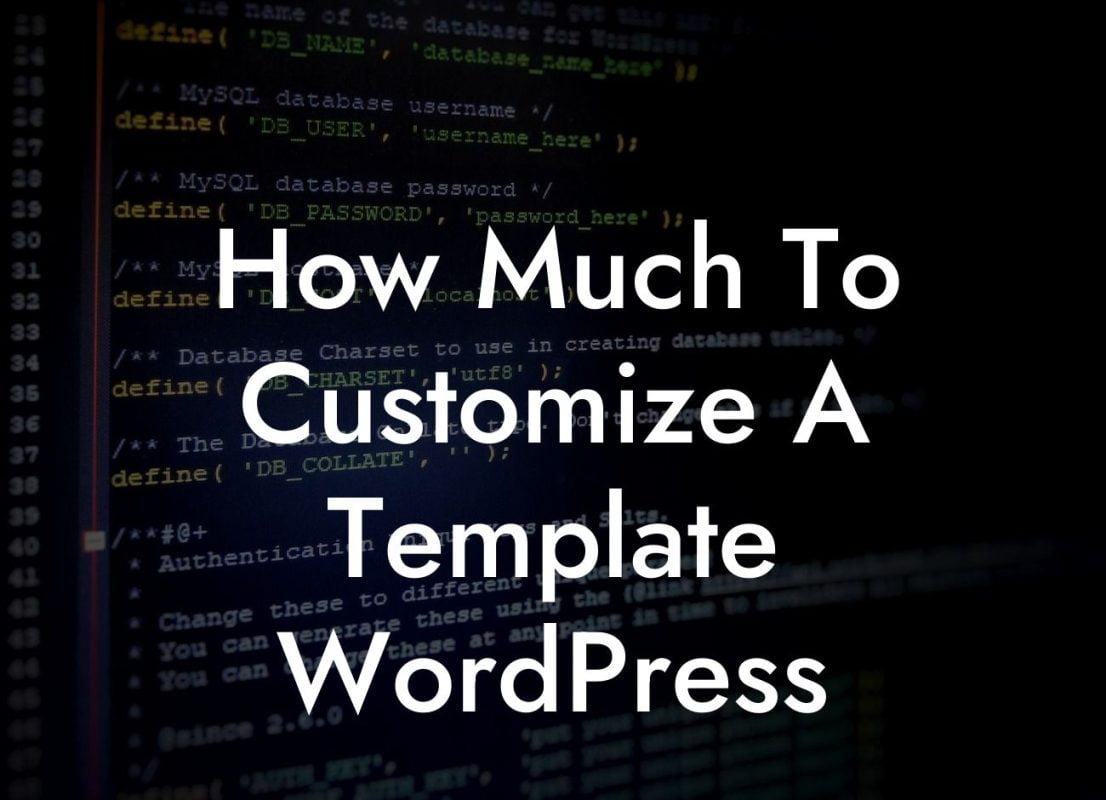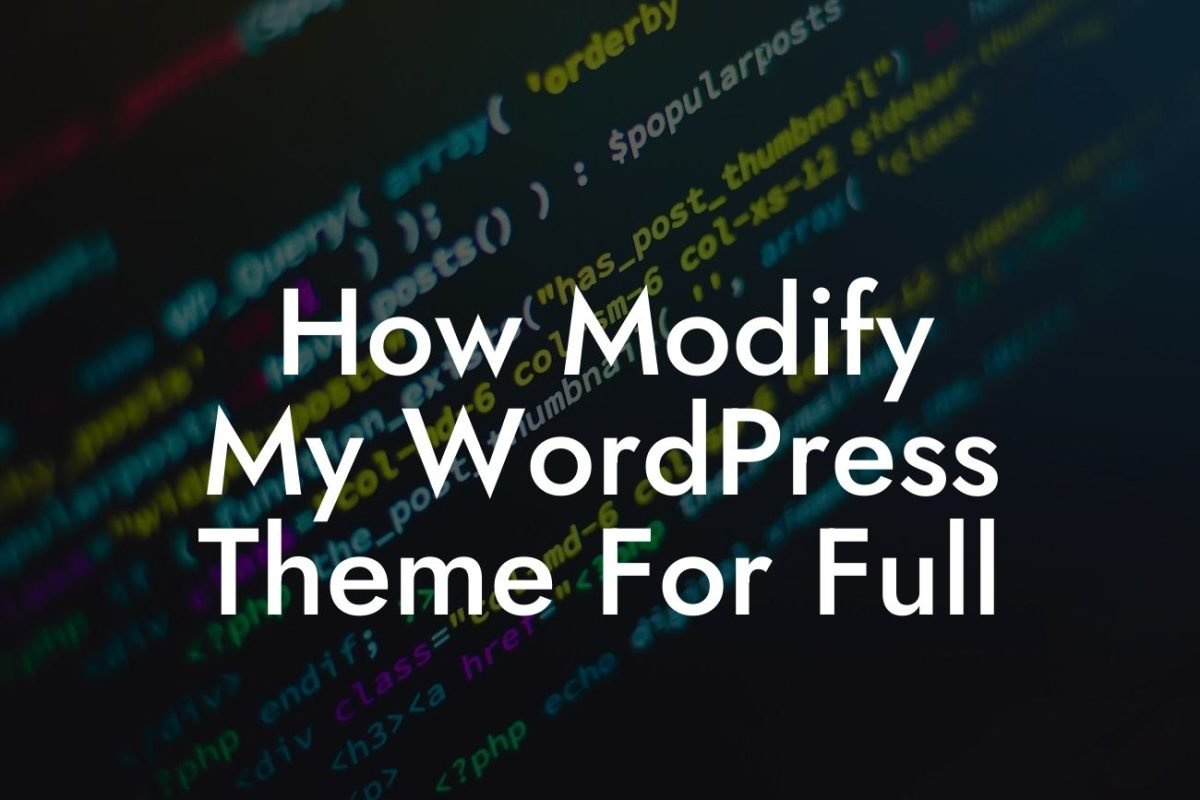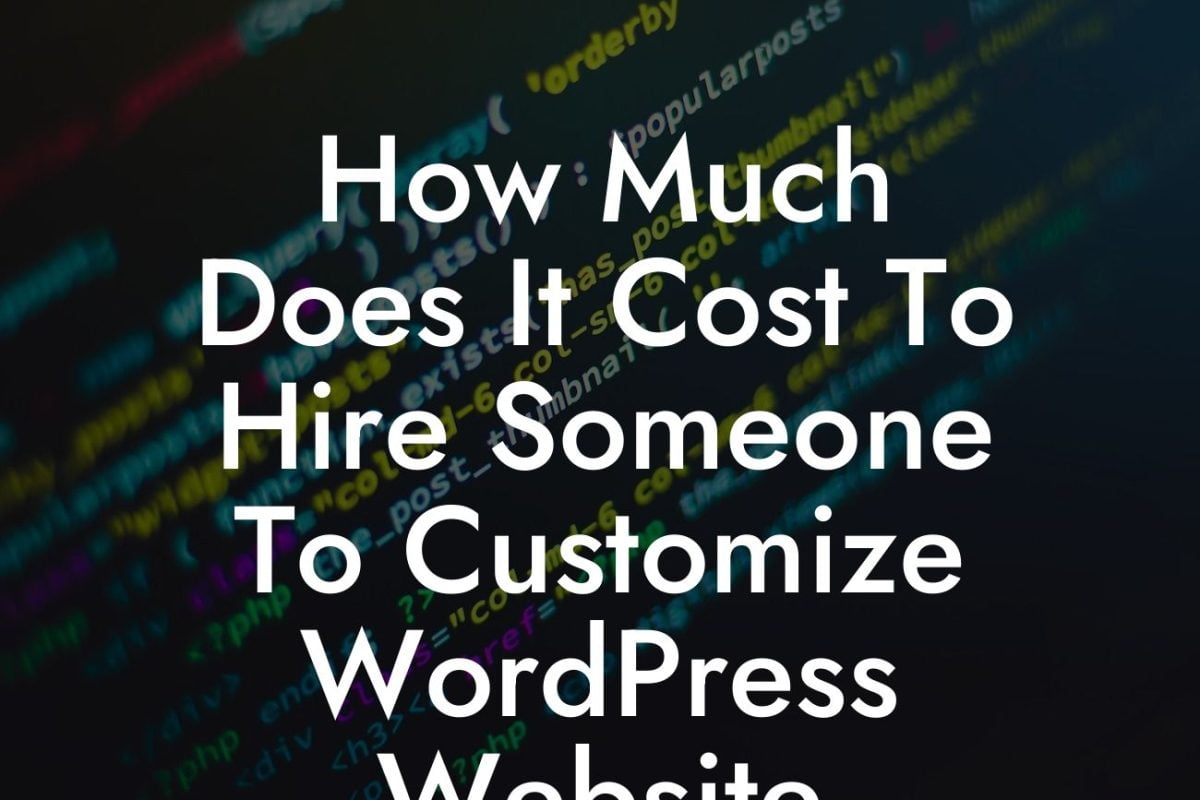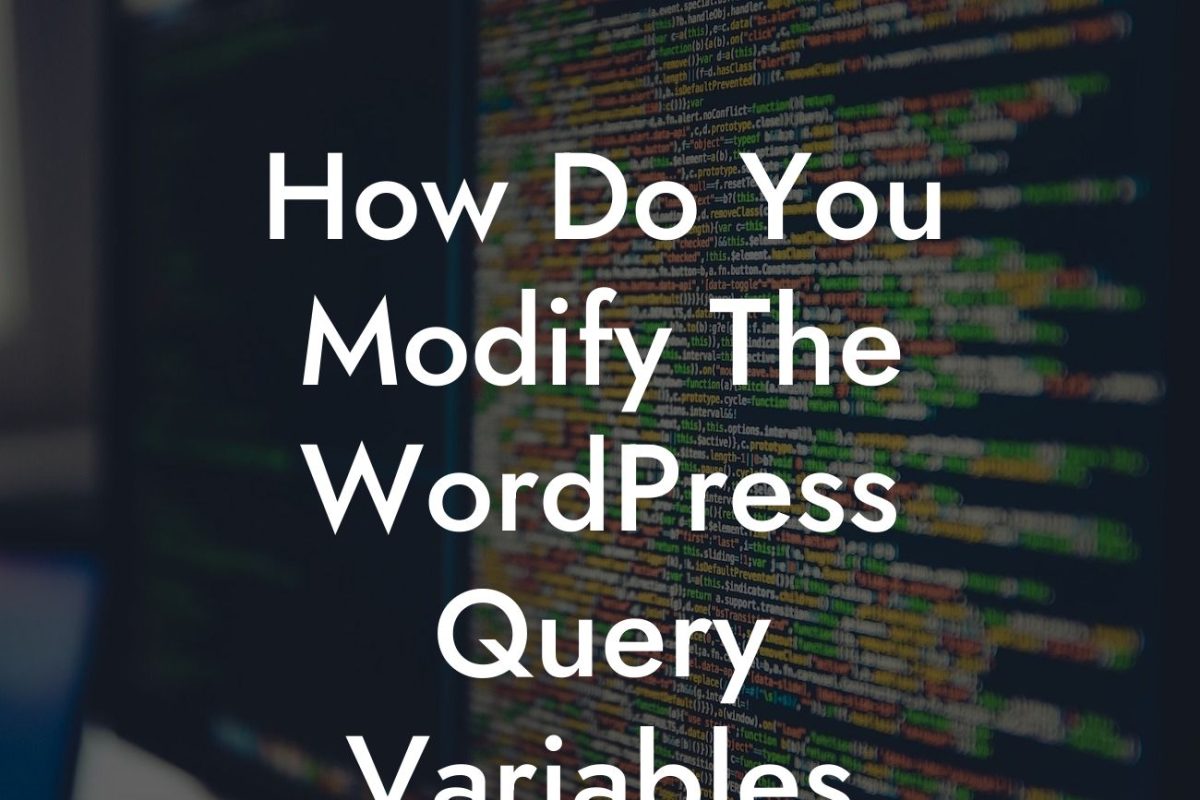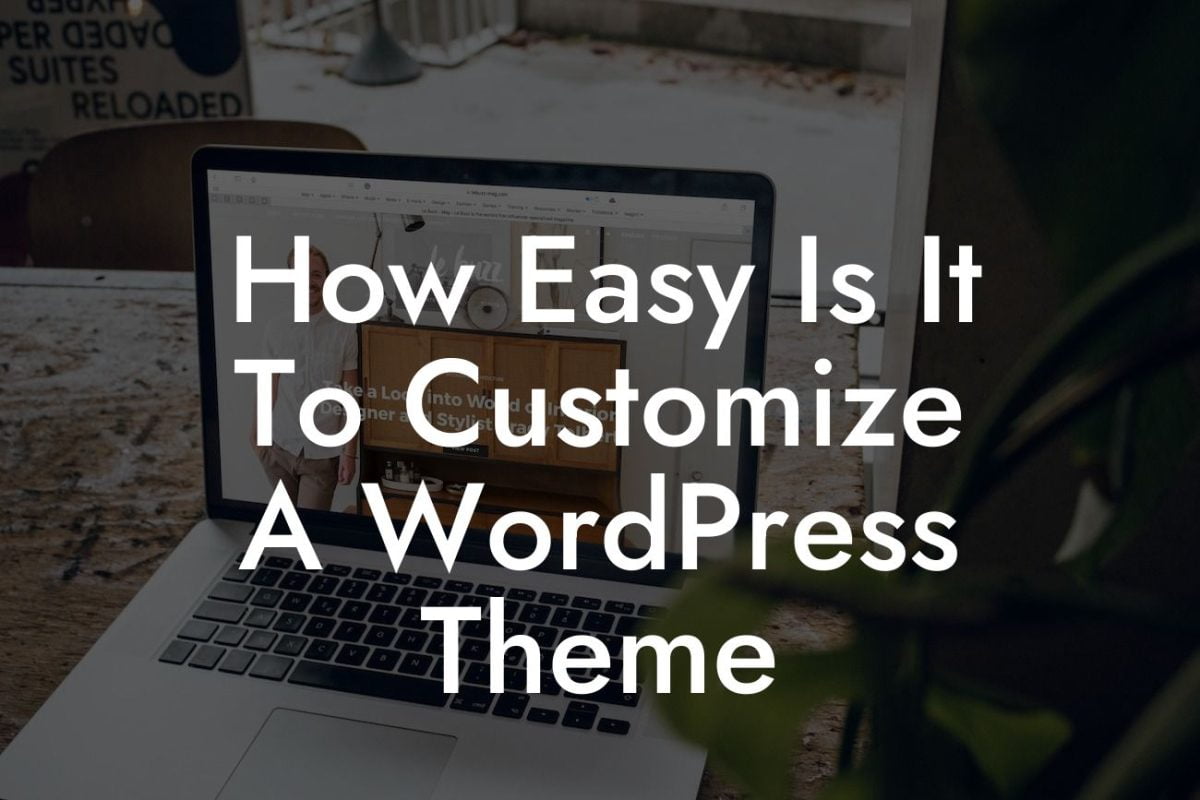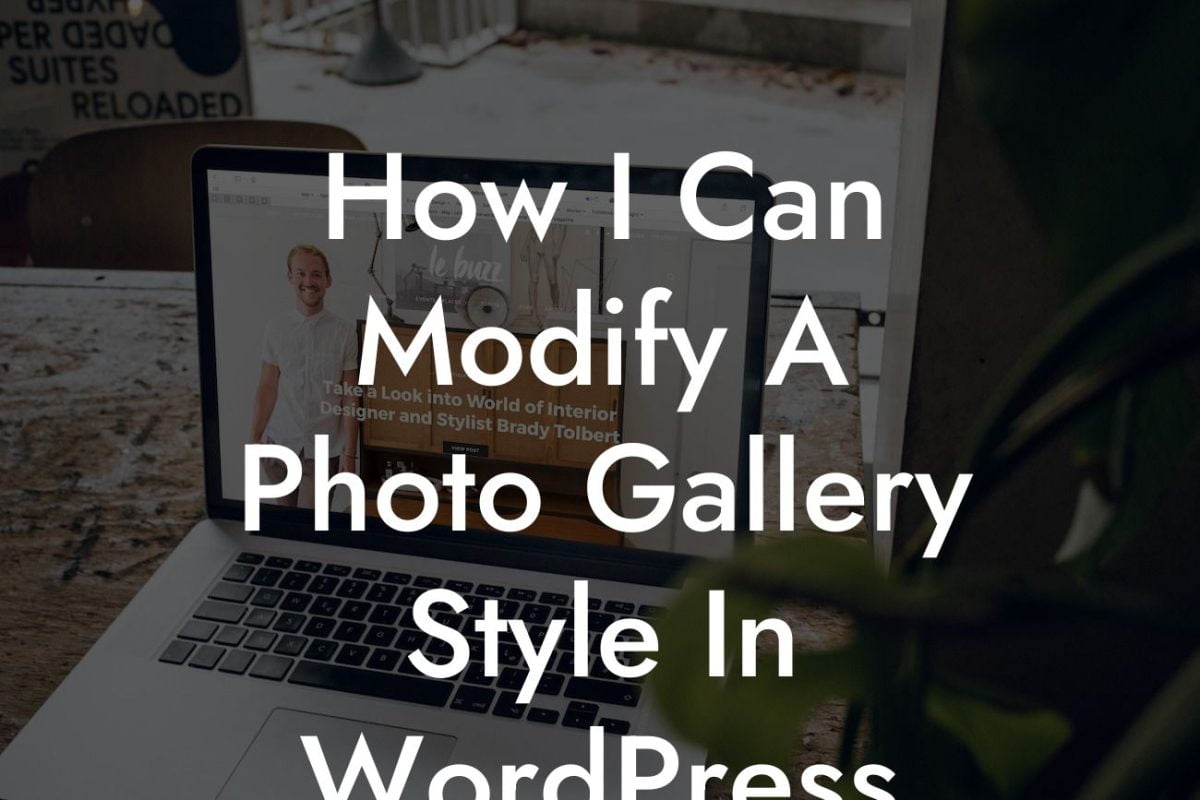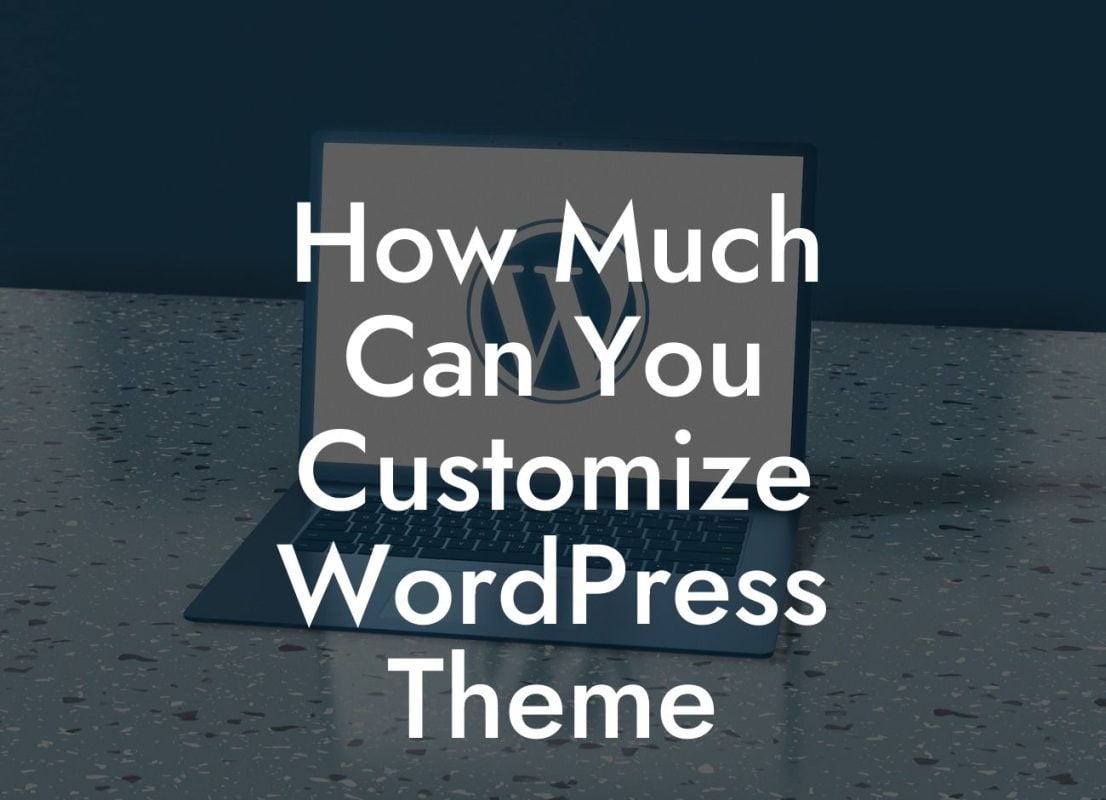The world of WordPress plugins offers an array of opportunities for small businesses and entrepreneurs to enhance their online presence and boost success. However, with these digital tools comes a common question: if you modify a WordPress plugin, who owns it? In this detailed article, we will delve into this topic to provide clarity and guidance for those seeking customized functionalities for their websites. Whether you're new to WordPress or a seasoned user, understanding plugin ownership rights is essential to maintaining control over your digital assets.
When it comes to modifying a WordPress plugin, it's crucial to consider the different aspects that impact ownership rights. Let's break it down into three key elements: licensing, distribution, and ethical considerations.
Licensing – The Foundation of Ownership:
First and foremost, it's important to understand that WordPress plugins are typically released under specific licenses, such as the GNU General Public License (GPL). This license grants certain rights to users, including the freedom to modify the plugin's code. However, the GPL also requires that any modifications made to the plugin be released under the same license.
Distribution – Sharing the Modified Plugin:
Looking For a Custom QuickBook Integration?
Once you have modified a WordPress plugin, you have the freedom to distribute it to others. However, since the GPL mandates that any modifications must also be released under the same license, you must provide access to the modified source code along with the plugin. This ensures that others have the same rights to modify and distribute the plugin further.
Ethical Considerations – Respect and Collaboration:
While plugins can be modified and shared within the boundaries of the GPL, it's essential to understand and respect the plugin's original author. Recognizing their hard work, expertise, and the value they bring is crucial. If you plan to modify a plugin, consider collaborating with the original author and discussing your intentions. This ethical approach promotes collaboration, innovation, and respect within the WordPress community.
If You Modify A Wordpress Plugin, Who Owns It? Example:
To illustrate this complex topic, let's consider a hypothetical scenario. Imagine you come across a WordPress plugin that meets most of your business's needs, but requires a few tweaks to perfectly align with your requirements. Being a small business owner, you decide to modify the plugin by adding custom functionalities and personalize it according to your brand.
In conclusion, understanding the ownership of modified WordPress plugins is pivotal for small businesses and entrepreneurs seeking to elevate their online presence. By respecting the licenses, distributing the modified plugin with the necessary source code, and embracing ethical practices, you can unleash the full potential of customization without compromising your digital assets. Remember, DamnWoo offers a range of awesome plugins designed exclusively for small businesses and entrepreneurs. Explore our guides, try our plugins, and supercharge your online success. Don't forget to share this valuable article with others who may benefit from it. Stay extraordinary!

